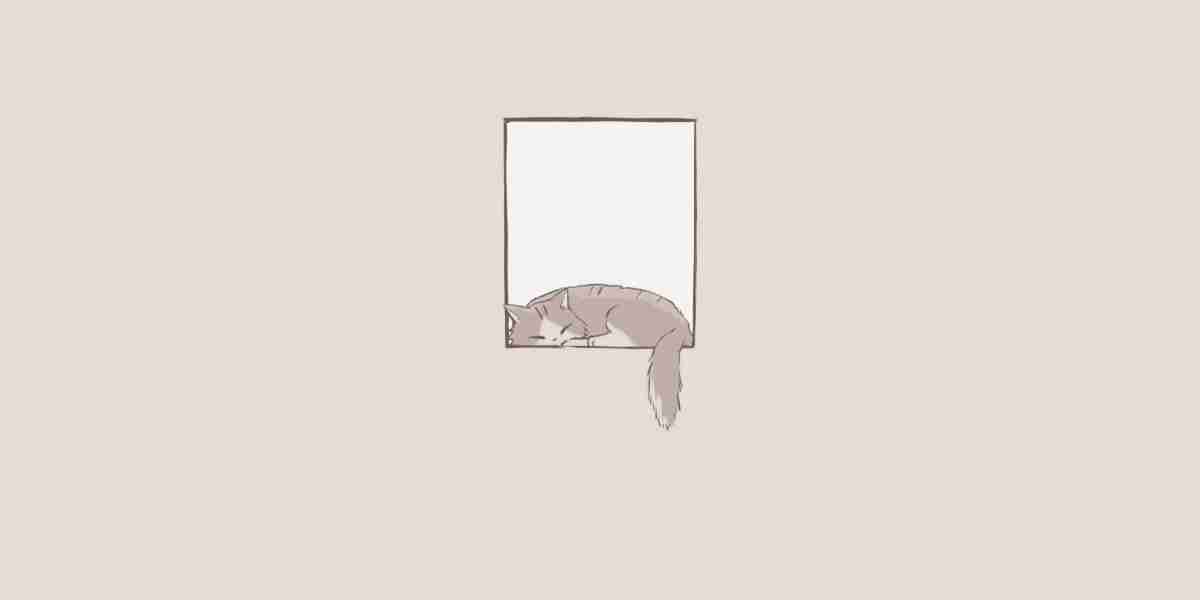Attention Deficit Hyperactivity Disorder (ADHD) is a complex neurodevelopmental condition that affects millions of individuals worldwide. Understanding the various ADHD treatments available is crucial for those seeking effective management strategies. This guide will explore the different types of treatments, their benefits, and considerations for individuals and families.
Medications for ADHD Treatment
One of the most common approaches to ADHD treatment involves the use of medications. These can be broadly categorized into two types:
- Stimulants: Medications such as methylphenidate and amphetamines are often prescribed. They work by increasing the levels of certain neurotransmitters in the brain, which helps improve focus and reduce impulsivity.
- Non-stimulants: Options like atomoxetine and guanfacine are available for those who may not respond well to stimulants. These medications can also be effective in managing symptoms.
While medications can significantly improve symptoms, they may also come with side effects. It is essential to consult with a healthcare professional to determine the most suitable option based on individual needs.
Behavioral Therapy as an ADHD Treatment
In addition to medication, behavioral therapy plays a vital role in ADHD treatment. This approach focuses on modifying specific behaviors and developing coping strategies. Some common types of behavioral therapy include:
- Cognitive Behavioral Therapy (CBT): This therapy helps individuals identify negative thought patterns and replace them with positive ones.
- Parent Training: Parents learn techniques to manage their child's behavior effectively, fostering a supportive home environment.
- Social Skills Training: This helps individuals with ADHD develop better interpersonal skills, enhancing their ability to interact with peers.
Behavioral therapy can be particularly beneficial when combined with medication, providing a holistic approach to managing ADHD symptoms.
Lifestyle Changes and ADHD Treatment
Implementing lifestyle changes can also significantly impact the effectiveness of ADHD treatment. Consider the following strategies:
- Regular Exercise: Physical activity can help improve concentration and reduce impulsivity.
- Healthy Diet: A balanced diet rich in omega-3 fatty acids, fruits, and vegetables can support brain health.
- Structured Routines: Establishing daily routines can provide the necessary structure that individuals with ADHD often need.
These lifestyle modifications can complement traditional treatments, enhancing overall well-being.
Conclusion: Finding the Right ADHD Treatment
In conclusion, understanding the various ADHD treatments available is essential for effective management. Whether through medication, behavioral therapy, or lifestyle changes, each individual may respond differently to these approaches. It is crucial to work closely with healthcare professionals to tailor a treatment plan that meets specific needs.
For more information on adhd treatment options and resources, visit  .
.








